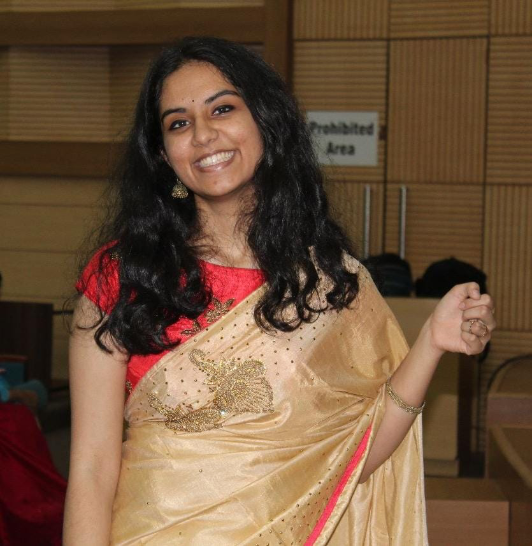Manch by Deutsche Bank

By: Harshini Shreeram
Introduction:
Manch is a skill-development programme by Deutsche Bank in partnership with IIT Bombay, that has been running annually from nearly 8 years. It mainly helps in refining soft skills while also giving an introduction to the financial services sector through workshops and projects. While the programme was filled with an equal mix of UGs and PGs, I’d recommend applying for it in your second year, since it would be of maximum value-add pre intern season.
Selection Process:
The registration for Manch opens mid to late autumn semester, around October/ November. The selections are rolled out by December and the program takes heat from Jan. Selections are based solely on the SoP, and while there is no clear-cut word limit given, 200-250 words is a safe zone to be in. Highlight your interest in finance, your achievements and skills, and well as how being trained by senior professionals from Deutsche Bank will help in furthering your goals.
Programme Structure:
The programme is mainly split into a workshop section and project section. The workshops run for 2 hours, on a weekly basis, with 2 sessions on soft skills (self-introduction/ communication/ presentation/ networking) and 2 sessions on finance (introduction to the financial services sector/ financial benchmarking/ NPV calculation/ DCF valuation).
The project section is led by Deutsche Bank professionals, with students split into groups of 5 or 6, each group mentored by a senior manager. While the scope of the project is defined by the allotted manager, the programme offers flexibility in terms of shaping the project into its final product. The project topics can range anywhere from global markets to derivatives to cryptocurrencies, and offer a holistic view of finance at a fundamental level. The projects are then graded by a Deutsche Bank allotted panel to identify winners by means of presentation.
My Experience:
I had an overall positive experience with Manch, and it further cemented my passion for the non-core domain. My project was on world trade dynamics and how the USD as a reserve currency influences the same, and as a group we explored alternative options that could emerge as the world reserve currency in the future through a historical geopolitical analysis. I’d definitely recommend applying for this programme if you’re interested in or even curious about the finance industry. One thing to keep in mind is that the output of the programme depends on the efforts you’re willing to put in, so I’d definitely recommend attending all sessions and actively participating in building the group project as well as leveraging the expertise of the mentors allotted to you.